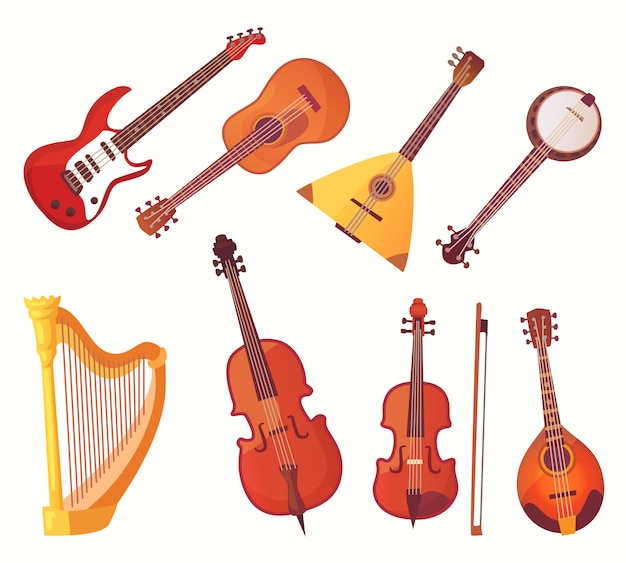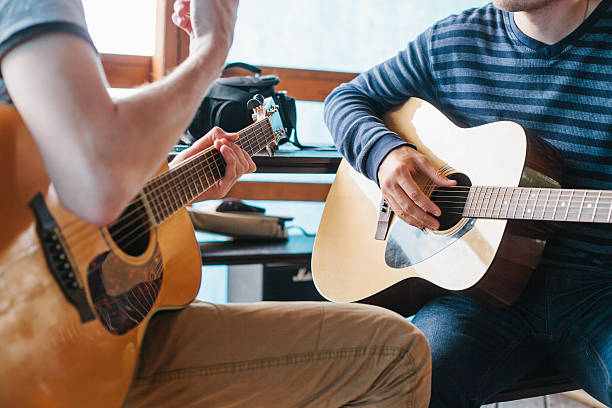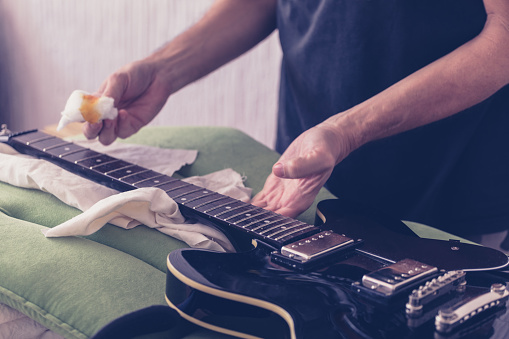The true costs of learning an instrument

Have you always dreamed of becoming a professional musician?
Or perhaps you’re keen for your child to develop their musical skills? You might be in luck if it’s the latter − a 2018 YouGov survey found nine in ten children want to learn to play an instrument.
Doing so can be one of the most challenging but rewarding hobbies around.
It can take years to master an instrument or play more complex pieces, but putting the time in can build character − and create opportunities on the way.
As with most hobbies however, there are several financial implications to be aware of. Below we outline what you might need to budget for on your path to musical mastery.
The instrument itself

This initial cost will vary depending on your chosen instrument.
While you may need to review your finances in the short term, investing in a quality instrument right away could improve your chances of sticking with it.
You could always start out by renting until you decide you want to commit to learning.
The brand, antique value and sound quality of your instrument will all influence its price. Some come with accessories to buy too, from inexpensive stands to pricier amplifiers and guitar effect pedals.
Check out #1 recommendation for learning guitar professionally below
Music lessons
Private lessons typically last up to an hour and can often be booked in terms with gaps left in-between to practice what you’ve learnt.
The price of these sessions can vary greatly depending on the reputation of the tutor. Remember you’re paying more for their knowledge than their time.
One cheaper alternative is to see what you can learn from video tutorials on YouTube.
Travelling to lessons and events
Another cost associated with tutoring can be commuting.
You could find plenty of options in your local area while you’re just starting out – but if your needs become more niche or advanced, you may have to travel further.
As you get more into it, you may soon find yourself travelling to live performances and events too.
Instrument maintenance
Nearly all instruments will require some form of maintenance or repair in their lifetime. You could need new strings, reeds or even the odd deep clean, while a sturdy case is a must if you plan to lug it around the country with you.
You may need to visit a professional if a repair is beyond your knowledge.
Insurance
It’s easy to become attached to a musical instrument as you spend an increased amount of time in its company. But accidents happen, while valuable bits of kit can be sought after by thieves.
Review your household and contents insurance policies to make sure you’re covered should disaster strike.
With a clearer idea of the costs involved, you’ll be in a stronger position to know whether learning an instrument is right for you.
Author bio:

Dr. Robin Alexander
Dr. Robin Alexander, an MD Pathologist and passionate guitarist, combines his love for music and science. As a guitar enthusiast, he shares valuable insights and tips on guitar playing here at Guitarmetrics, helping musicians enhance their skills and enjoy their musical journey.









